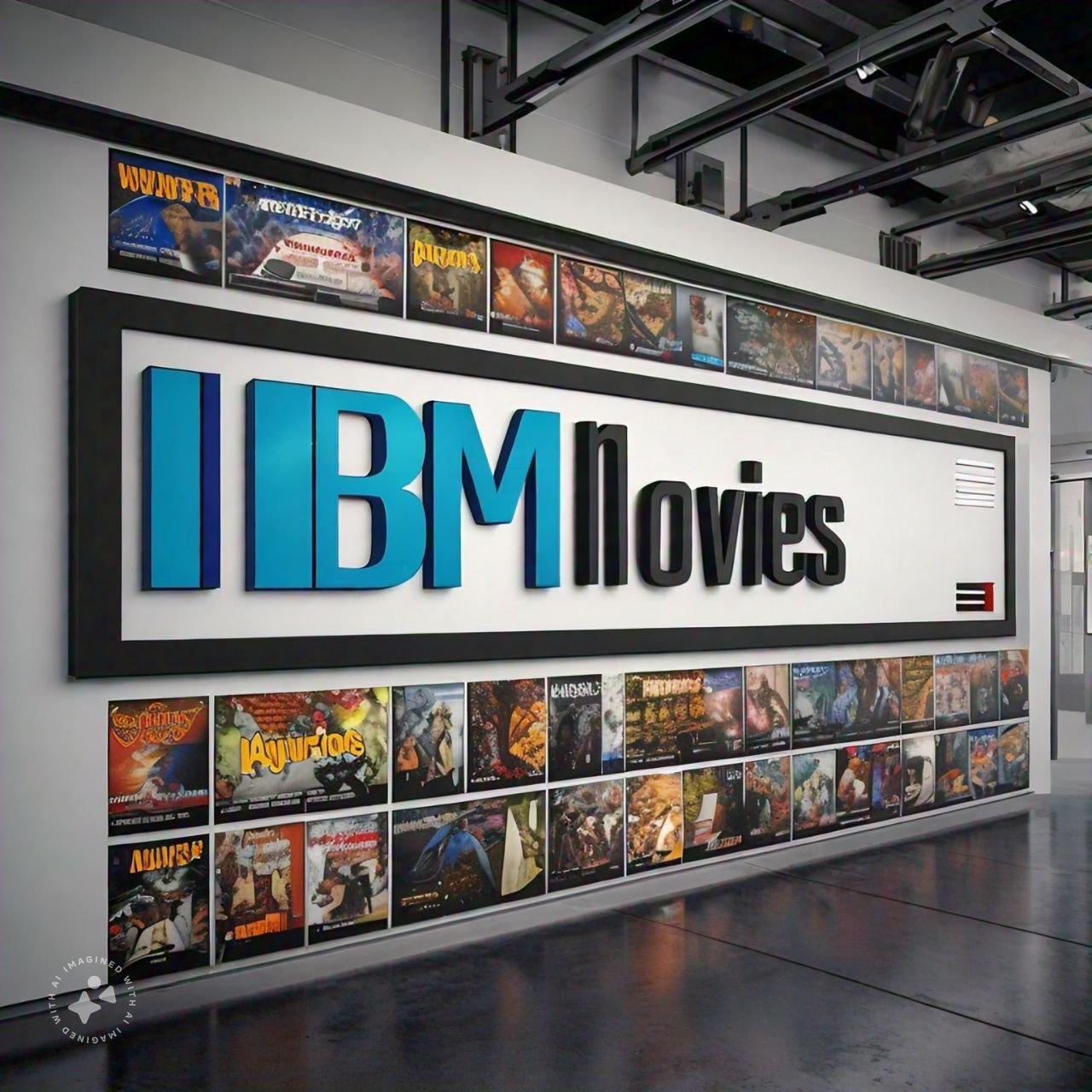Table of Contents
Introduction
IBM, a global leader in technology and innovation, has extended its influence beyond traditional computing into the world of movies and entertainment. While IBM isn’t directly producing movies, its advanced technologies have played a crucial role in transforming the cinematic landscape. From artificial intelligence (AI) to data analytics and cloud computing, IBM’s innovations are enhancing how movies are made, distributed, and consumed. This article dives deep into the concept of “IBM movies,” exploring the technologies that IBM brings to the film industry, the impact on storytelling, and the future of cinema in a tech-driven world.
The Role of IBM in the Film Industry
It has been at the forefront of technological advancements that have reshaped various industries, and the film industry is no exception. With a focus on AI, machine learning, cloud solutions, and data analytics, It provides the tools and infrastructure necessary for modern filmmaking. Here are some key areas where It’s technology is making a significant impact:
1. AI and Machine Learning in Filmmaking
Artificial intelligence (AI) and machine learning are revolutionizing the film industry by providing innovative solutions for content creation, editing, and audience engagement. IBM’s AI-powered platforms, such as Watson, are being used to analyze scripts, predict box office success, and even assist in the editing process. AI can help filmmakers understand audience preferences, allowing for more tailored content that resonates with viewers.
For instance, It Watson has been used to create movie trailers by analyzing hundreds of films to identify the most compelling scenes. This AI-driven approach not only saves time but also ensures that the trailer appeals to the target audience.
Image Suggestion: A visual representation of AI in film editing, such as a computer screen showing an AI interface with a movie editing software (Alt Text: AI technology assisting in film editing).
2. Cloud Computing and Data Management
Cloud computing has become an essential part of modern filmmaking, offering scalable storage solutions and powerful processing capabilities. It provides filmmakers with the ability to store massive amounts of data, such as high-resolution video files and complex visual effects. This technology enables real-time collaboration among teams located around the globe, enhancing efficiency and reducing production times.
Data management is another critical aspect where IBM shines. With advanced data analytics, filmmakers can gain insights into viewer behavior, preferences, and trends. This data-driven approach allows studios to make informed decisions about marketing strategies, distribution, and even the types of movies to produce.
3. Blockchain in Digital Rights Management
It’s blockchain technology is being used to address the challenges of digital rights management (DRM) in the film industry. Blockchain provides a secure and transparent way to manage and track intellectual property, ensuring that content creators are properly compensated for their work
A depiction of personalized content recommendations on a streaming platform.

Future of IBM in Cinema
As technology continues to evolve, the role in cinema is expected to grow even further. Emerging technologies such as quantum computing and advanced AI are likely to open up new possibilities for filmmakers, from faster rendering times to the creation of entirely new genres of interactive and immersive content.
It is also exploring the potential of augmented reality (AR) and virtual reality (VR) in movies, which could revolutionize how stories are told and experienced. By combining powerful computing capabilities with cutting-edge software, IBM is set to continue shaping the future of cinema in profound ways.
Conclusion
IBM’s contribution to the film industry extends beyond traditional computing, offering a suite of technologies that enhance every aspect of filmmaking. From AI and cloud computing to blockchain and data analytics, IBM is helping to create more efficient, secure, and personalized cinematic experiences. As the film industry continues to evolve, IBM’s innovations will undoubtedly play a pivotal role in shaping the future of movies.


Leave a Reply